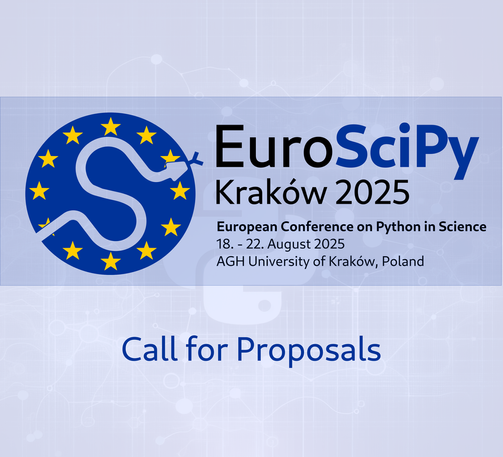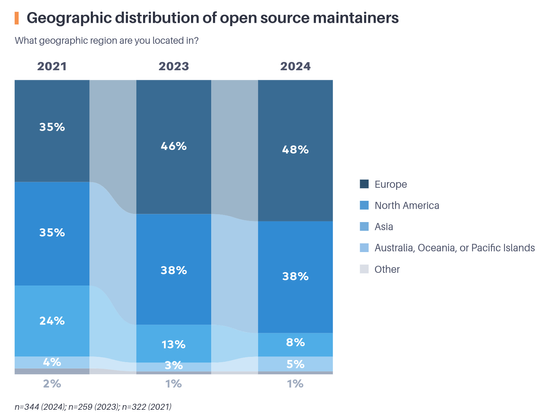Call for sponsors - PyData Paris 2025 !
Join us and be part of one of the best open-source events of the year.
Sponsoring will showcase your support to the community and allow you to reach a wide audience of tech and data enthusiasts from academia and the industry.
Contact us:
Email: pydata@quantstack.net
website: https://pydata.org/paris2025/sponsorship-opportunites#tiers
Let's grow together at PyData Paris 2025!




